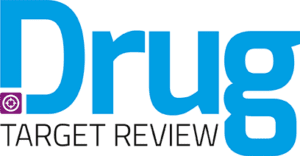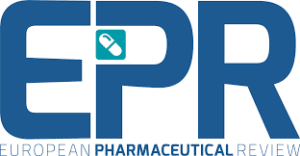
- | Rezolute
How an Israeli web service, a bong-like insulin device and a Bay Area deal led this Peninsula biotech to attack a childhood disease
With deep roots in diabetes, this small company is pushing forward with a trial against a rare diosease known as congenital hyperinsulinism.

- | Immuneering Corp.
Woman of the Week Podcast
Dr. Rebecca Kusko, Chief Strategy Officer at Immuneering Corp., has carved out a purposeful, yet unorthodox, path to the C-suite as well as serving as a mentor to women. Trained as a computational biologist, she is using her love for creative problem solving to benefit patients.

- | Ziopharm Oncology
Genetic Manipulation of T-cells Driving Next Generation Immuno-Oncology with Dr. Laurence Cooper Ziopharm
Dr. Laurence Cooper, CEO, Ziopharm Oncology points to earlier work in immunotherapy to explain the advances in cancer treatment that revolve around the genetic engineering of cells to control gene expression and manipulation of the DNA of cells such as T-cells to go after cancer cells. The next generation immunotherapy will allow cells and agents to adapt in real time to overcome resistance and empower T-cells to go after the cancer weak spots.

- | CalciMedica
A drug for COVID-19 breathing problems, tested in Minnesota, shows promise
Mark Revord will never know for sure whether an experimental drug, known at the time as CM4620-IE, saved him from having a breathing tube inserted down his throat to manage his COVID-19 symptoms.
- | NantKwest
Why Companies Are Making Billions of COVID-19 Vaccine Doses That May Not Work
Fauci is “cautiously optimistic” that with multiple vaccine candidates being developed using different platforms, we’ll eventually have an effective COVID-19 vaccine. However, Dr. Patrick Soon-Shiong, CEO of biotech companies ImmunityBio and NantKwest, says the big question is the duration of immunity produced by a vaccine.

- | Anima Biotech
Seeing the light – visualising protein translation in real time
Non-invasive imaging has played an increasing role in drug discovery and development processes. Nikki Withers spoke with Yochi Slonim, who discusses a novel technology that leverages FRET signals for the discovery of small molecule drugs that selectively control mRNA translation in a novel target space.

- | CalciMedica
Interim analysis indicates Auxora™ is effective in severe COVID-19 pneumonia patients
CalciMedica Inc. revealed that, in combination with low-flow oxygen therapy, Auxora reduced the proportion of patients put on ventilators by over 50 percent compared to the SOC group and improved recovery time to less than half that of the SOC patients. The open-label study consists of 26 patients enrolled while on low-flow oxygen and randomised 2:1 to receive Auxora versus standard of care.

- | Heat Biologics
Immuno-oncology Enterprises Entering COVID
The era of COVID-19 has brought on some exciting developments with the types of biopharmaceutical enterprises that are developing therapies and vaccines to treat the disease. Specifically, immuno-oncology enterprises are delving into the area, as their immunotherapies can also coincide with mechanisms of action that can also treat COVID. In this interview, Lori McDermott, VP, Clinical Development & Regulatory Affairs at Heat Biologics, will discuss their approaches towards developing a COVID therapy.
